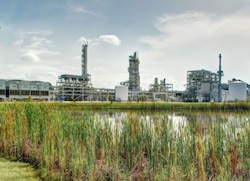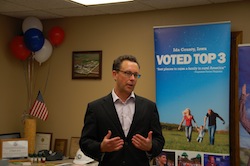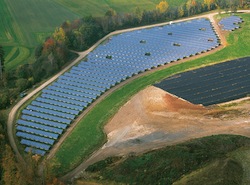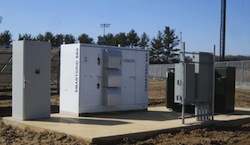Renewable energy advocates, businesses and environmental groups have joined together to urge the Colorado Public Utilities Commission to reject a new proposal from Xcel Energy that would discourage rooftop solar growth in its territory. Issued last week as part of Xcel’s 2014 Renewable Energy Standard compliance plan, the proposal takes aim at net metering, one of the state’s most important programs for encouraging consumer investment in solar power.
 “Net metering is key to reaching Colorado’s Million Solar Roofs goal and has been a huge component to helping Colorado families and businesses afford to go solar,” said Edward Stern, executive director of the Colorado Solar Energy Industries Association (COSEIA). “Xcel’s current proposal falls short of accounting for rooftop solar’s tremendous value to Colorado. If we’re going to have a conversation about net metering, we need to make sure we’re using good, updated, accurate information.”
“Net metering is key to reaching Colorado’s Million Solar Roofs goal and has been a huge component to helping Colorado families and businesses afford to go solar,” said Edward Stern, executive director of the Colorado Solar Energy Industries Association (COSEIA). “Xcel’s current proposal falls short of accounting for rooftop solar’s tremendous value to Colorado. If we’re going to have a conversation about net metering, we need to make sure we’re using good, updated, accurate information.”
According to solar advocates, the utility is using a contested study that has not undergone public or commission review to make its case against the successful solar policy. The Xcel study and subsequent proposal do not fairly value the many benefits that rooftop solar delivers to Colorado.
Annie Lappé, solar policy director at The Vote Solar Initiative (Vote Solar), said of Xcel’s plan, “Xcel is using a flawed study and backroom tactics to attempt to roll back one of the state’s most important solar customer rights. While we understand that rooftop solar represents a change from the utility’s traditional way of doing business, this proposal is a non-starter for a needed conversation about the future of rooftop solar in Colorado.”
Solar advocates say that rooftop solar is helping Colorado families, schools and businesses take charge of their power supply and their electricity bills. This private investment in local clean energy is delivering economic, environmental and public health benefits to Xcel’s solar and non-solar customers alike.
- New energy leadership: Colorado ranks 5th in the country with enough solar installed to power 50,500 homes.
- Grid benefits: Local solar energy systems can reduce the need for expensive centralized power plants and transmission infrastructure, which benefits Colorado’s non-solar customers.
- Job & economic benefits: There are currently 275 solar companies employing 3,600 Coloradoans throughout the state. In 2012, $187 million was invested in Colorado to install solar on homes and businesses.
“Private investment in rooftop solar is helping build a cleaner, safer and more resilient energy supply for all Coloradans. We encourage the Colorado PUC to stand strong for rooftop solar by rejecting this harmful proposal from Xcel,” added Carrie Cullen Hitt, senior vice president for state affairs at the Solar Energy Industries Association (SEIA).












